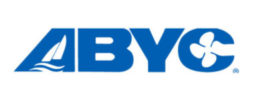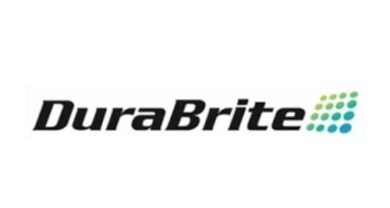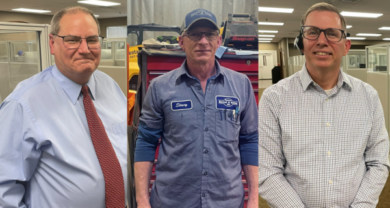Making the COMITTment
Two years of planning had produced 48 hours of meetings, but the success or failure of the first-ever Conference on Marine Industry Technical Training may have came down to a few crucial seconds Feb. 4.
Skip Burdon, president of the American Boat & Yacht Council, stood before the attendees on the top floor of the Holiday Inn Fort Lauderdale as the conference was wrapping up, and asked for a show of hands from those who supported the formation of a Marine Industry Technical Council to seek solutions to some of the problems identified during COMITT.
It was an important question to be settled, but the vote had an even more significant subtext. Would the marine industry continue to work with the momentum begun by the conference to improve education and training for its technicians, or would the problems identified at COMITT continue to go unaddressed?
Burdon had been prepared to try and convince the marine business and education leaders present in the audience that building a strong framework for technician training and education was not only worthwhile, but a very necessary process if the industry was to continue its efforts at becoming more professional. But in the end no persuasion was needed.
When the time came to vote, nearly every arm went up.
“Well that was an easy sell,” Burdon said. “This is the start of a journey down a path that we are committed to.”
With that vote, attendees at the conference – which was co-produced by the American Boat & Yacht Council, National Marine Manufacturers Association and Professional BoatBuilder magazine – gave their approval for the creation of the Marine Industry Technical Council.
MITEC is to be comprised of 15 to 20 marine industry representatives and members of educational institutions, who will work to find solutions to the problems identified during the many presentations, workshops and group discussions held at COMITT.
COMITT – Day One
The conference itself was moderated by Bill Yeargin, an executive vice president with the yacht-manufacturing firm Rybovich Spencer.
Yeargin told the audience during the breakfast meeting that kicked off COMITT that they, “may look back at these two days, five, 10 or 15 years from now as a real turning point in our industry.”
NMMA president Thom Dammrich also spoke at the meeting, telling the conference that the current shortage of trained technicians is only going to worsen as the industry pursues its Grow Boating campaign in the next few years.
A panel discussion followed the breakfast meeting, with educators from around the country given the opportunity to get up and share some details about the programs currently available.
Al Weinstein, of Weinstein Associates – and a member of the ABYC Board of Directors – spoke about the importance of education during a luncheon meeting, and Dr. Kitty Manley of the National Occupational Competency Testing Institute gave the last presentation of the day, speaking about her company, which develops tests for Fortune 500 companies. Manley talked about how the tests are created, what they can be used for, and also about the value that certification programs have brought to other industries.
Day Two
Jerry Balda, director of Education for the Recreational Vehicle Industry of America opened the second day of COMITT with a presentation on how his industry had developed its technical training program. Balda said that coming together to begin a unified training program had helped his industry create the unity to tackle other initiatives as well, such as the hugely successful “Go RVing” campaign.
Brunswick’s Dave Marlow, Mike Burlingham of MarineMax and Greg Eck of Yanmar also addressed the conference about the in-house training programs their companies used to help educate technicians. The three also helped moderate some of the smaller breakout sessions that took place during the conference, as attendees divided into their respective specialties to determine and discuss the problems and solutions unique to each.
The problems and solutions identified in each of those breakout sessions were then shared with the entire group in the final presentation before the vote to form MITEC was taken, and helped form the agenda the new council will pursue. Some of those solutions included:
– Defining core competencies for entry-level technicians
– Setting standards for technician certification
– Setting standards for in-house training of technicians
– Developing a centralized learning center
– Developing apprentice programs
Yeargin closed COMITT by telling those assembled that their work has just begun.
“The easy part has been sitting here and looking at the ocean for two days, the tough part begins in about 10 minutes when we all leave and try to make this happen.”




